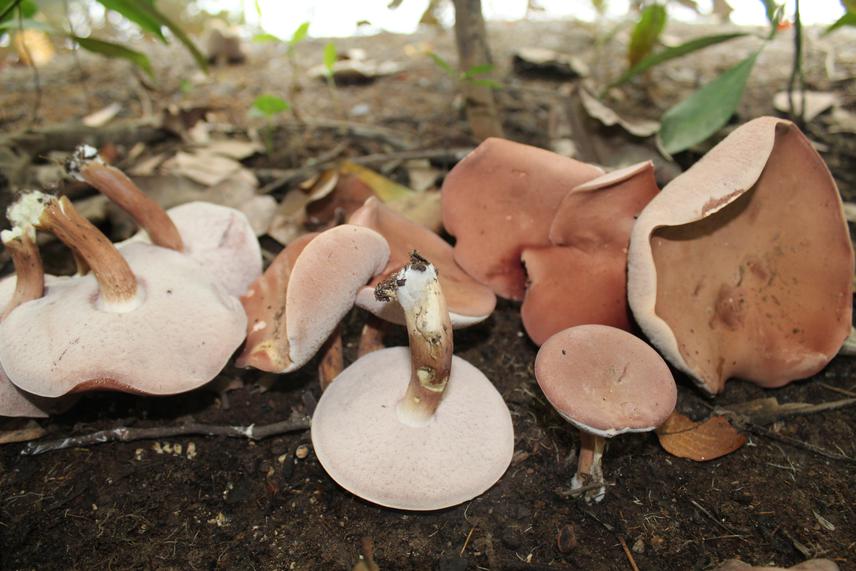Akotchayé Sylvestre Badou
Other projects
19 Nov 2019
Conservation of Natural Habitats through the Establishment of a Value Chain of Edible Mushrooms and Intensification of Reforestation in the Wari-Maro Forest
21 Feb 2022
Biodiversity Assessment of Wild Edible Fungi and Training of Farmers: Effective Methods for in Situ Conservation in the Wari-Maro Forest Reserve
It is important to preserve the ecosystem services of useful mushrooms that greatly benefit local people in Benin. It aims to collect data on beneficial fungi and the state of their environment in order to propose scientific means to use and protect these vast but fragile habitats. Specifically, produce and publish feasible measures, communicate them to stakeholders at the national level. The area of interest is the Wari-Maro forest. Although target organisms include all known fungi in the region, the method used can easily be extended too many other non-timber forest products.

This project is about safeguarding an ecosystem service that largely benefits local people. It is about protecting local income by protecting the environment. In Benin fungi are important in the daily lives of local people. In spite of this, their natural habitats are subject to very strong anthropogenic pressures. The general objective of this project is to collect data on useful fungi and the state of their environment in order to propose science-based ways to use and protect these vast but relatively fragile habitats. The aim is to produce and publish a set of feasible measures and to communicate and explain them to stakeholders at the national level (local populations and authorities, decision-makers, forest management services and so on). The area of interest is the forest of Wari-Maro (107500 ha), a forest reserve situated in the north of Benin. Although the target organisms include all useful higher fungi known to the region, the used method easily allows broadening this scope towards many other non-timber forest products such as fruits, insects, medicinal plants and so on.
The mycological season covers a period of 5 months and fieldwork is planned over the entire rainy season, i.e. from June till October 2019. Fieldwork consists of collecting mycological data as well as data that will help to estimate degradation of habitats.
For better results of the project, we will collaborate with the village groups, the municipal authorities and the chiefs of the villages bordering the study area. Similarly, the forest administration and its decentralized structures, structures promoting ecotourism and especially NGOs specializing in the conservation and sustainable management of biodiversity. Village group members will serve as local guides in the field. We will also work in close collaboration with the General Directorate of Water and Forests of Benin, the IUCN Benin Commission, the CBD National Focal Point, the National Association of Forest Exploiters of Benin, the Community Union of Agricultural Producers of the Benin Region. Study, academics, students, students and schoolchildren to better achieve our awareness program that takes into account all layers of society. Some of these actors will also be involved in the validation of conservation and sustainable management measures adopted by mutual agreement.